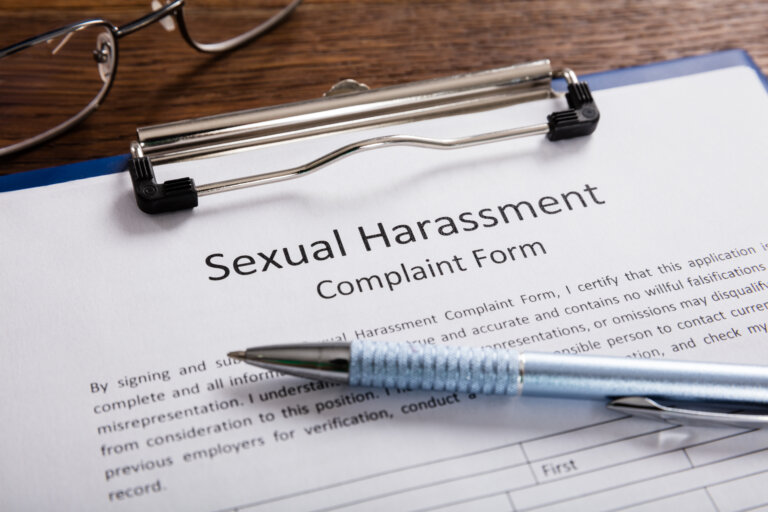There are several misconceptions surrounding sexual harassment. For instance, many believe that sexual harassment only ever happens to certain people, like women or those of a younger age. However, this is not the case at all. People of any age, gender, or race can be victims of sexual...









